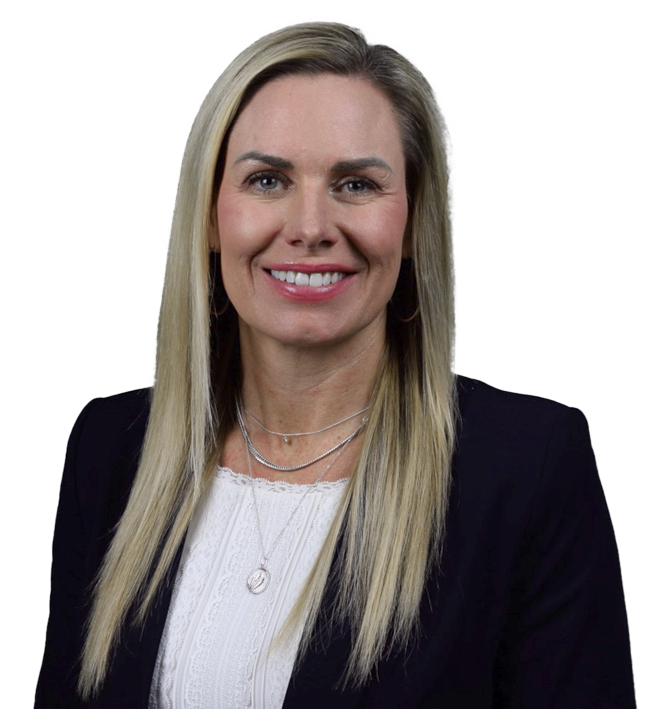Do you support boys in girls’ sports and bathrooms?
Preserving the integrity and fairness of girls’ sports is crucial, ensuring that female athletes have equitable opportunities to compete, succeed, and benefit from their dedication. This commitment extends naturally to maintaining spaces specifically designated for girls, including bathrooms and locker rooms. Recognizing the inherent physical differences that can impact competitive balance, it is essential to uphold the sanctity of these spaces where girls should feel secure and comfortable, free from concerns about privacy or safety. These measures are fundamental to the principles of equity and justice in athletics and educational environments, ensuring that girls’ rights are protected in all aspects of their participation in sports and school life.
At the same time, it is imperative to recognize and address the challenges faced by students with gender dysphoria, who deserve our compassion, understanding, and support. Finding a balance necessitates thoughtful policies that uphold the rights and needs of all students. This includes maintaining safe environments for students while also exploring alternative solutions for different athletic opportunities to ensure fairness.
The goal is to ensure that all students feel supported, while also steadfastly protecting the competitive fairness and safety that girls’ sports and spaces provide. This does not require compromising the privacy or safety of female students. Instead, it calls for a balanced, informed, and sensitive approach to the needs of all young people. By doing so, we affirm the value and dignity of every student, fostering a community of respect, understanding, and mutual support.
